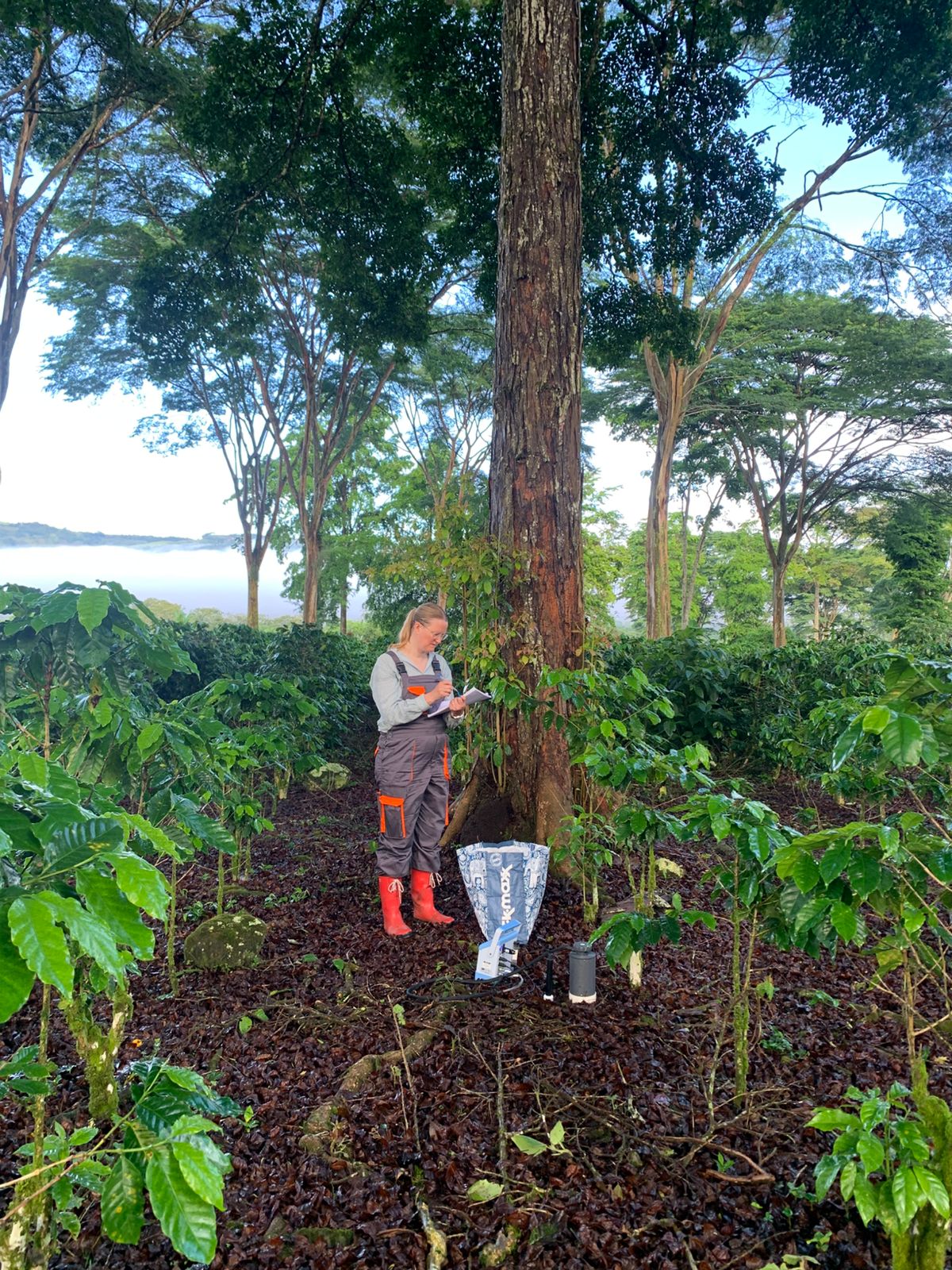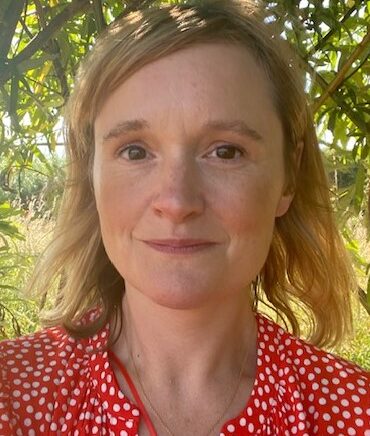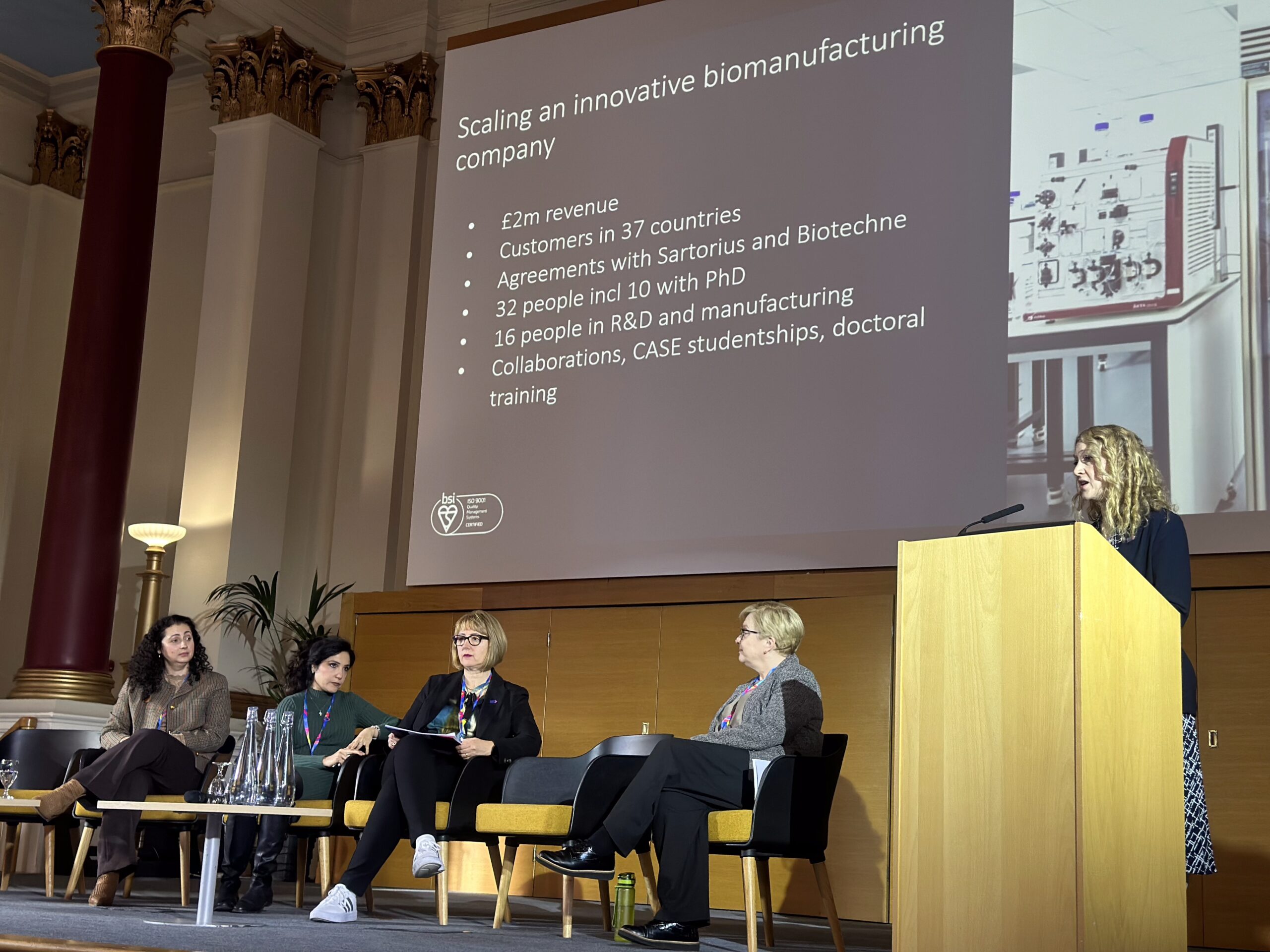From Africa to the Americas, Daphne Jackson Fellows are tackling global challenges and building networks that shape the future of research.
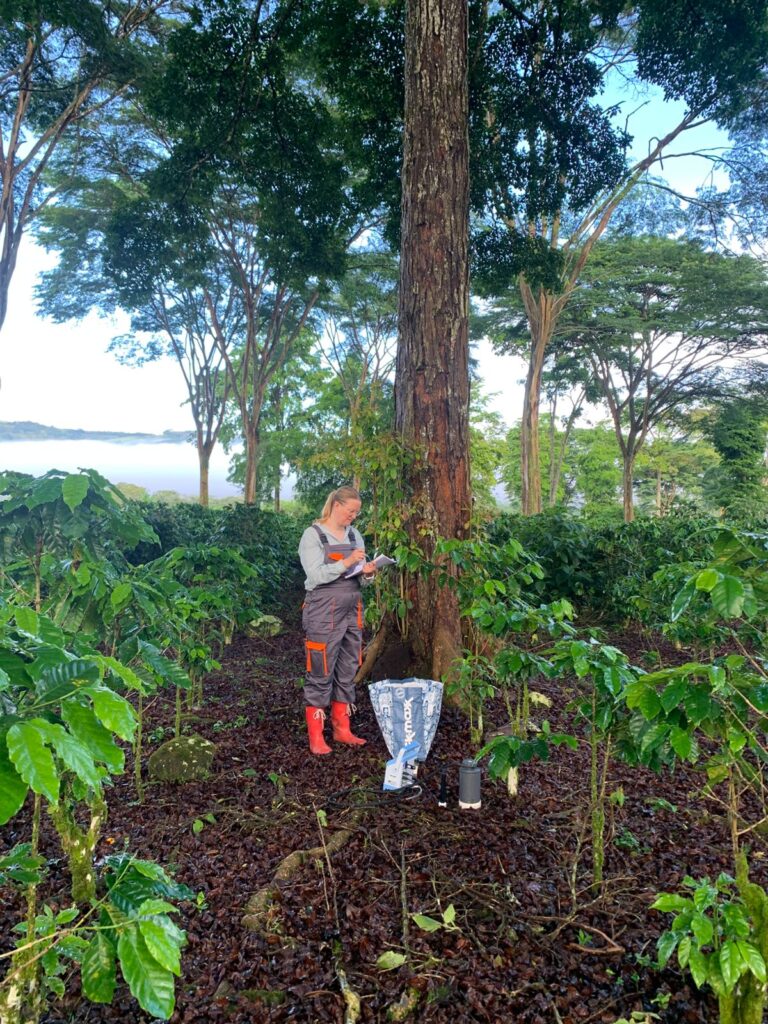
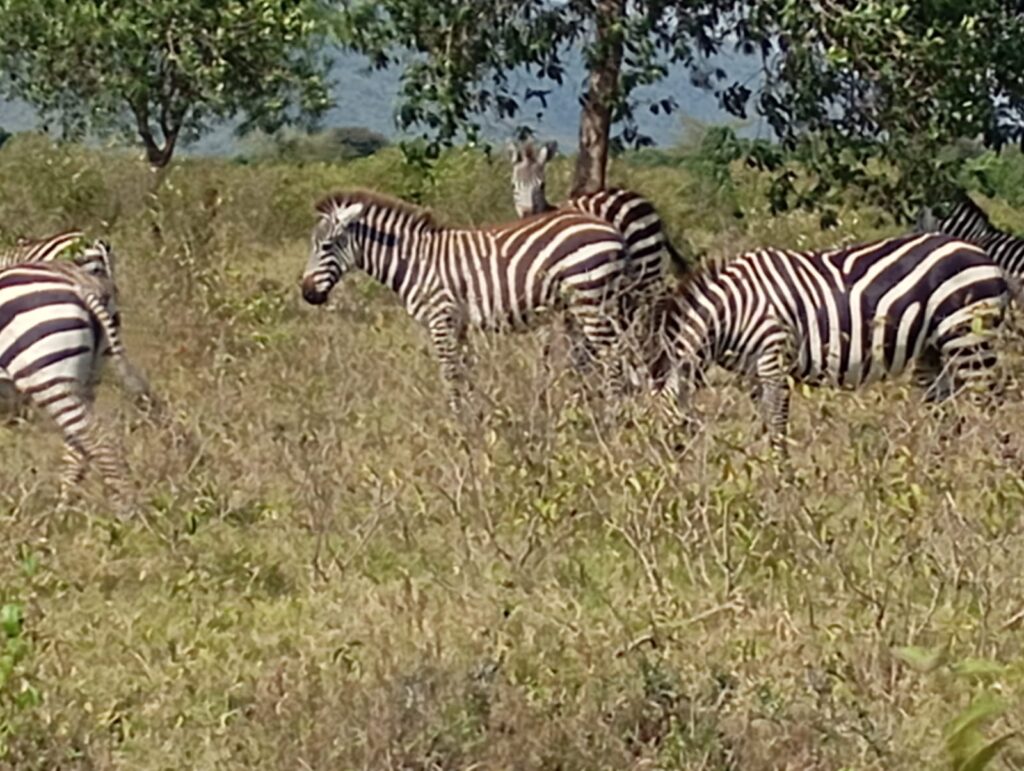
Every year Daphne Jackson Fellows take the opportunity to perform research and collaborate with colleagues around the world. The Trust supports this work not only through our regular research funding, but also by encouraging and enabling fellows to apply for additional funding, travel grants and collaborative opportunities. These resources help make international fieldwork, laboratory visits, and global meetings possible.
Global Research in Action
This year our fellows are studying agriculture and wildlife from Costa Rica to Kenya, learning cutting-edge techniques in American labs, and coordinating international meetings at home and abroad. These experiences expand the reach of their research, build bridges across borders, and bring fresh perspectives back to the UK and Ireland.
International research and collaboration not only extends the knowledge and skills of Daphne Jackson Fellows, it also helps to build new networks. Our fellows make contacts and friendships that often lead to lasting collaborations, sharing their expertise while learning from others. This exchange of ideas and experiences highlights the immense value of international collaboration — advancing research more rapidly than any one institution or country could achieve alone, while fostering understanding across cultures.
Spotlight on Fellowships
Dr Julia Chase Grey – Wildlife Research in Kenya
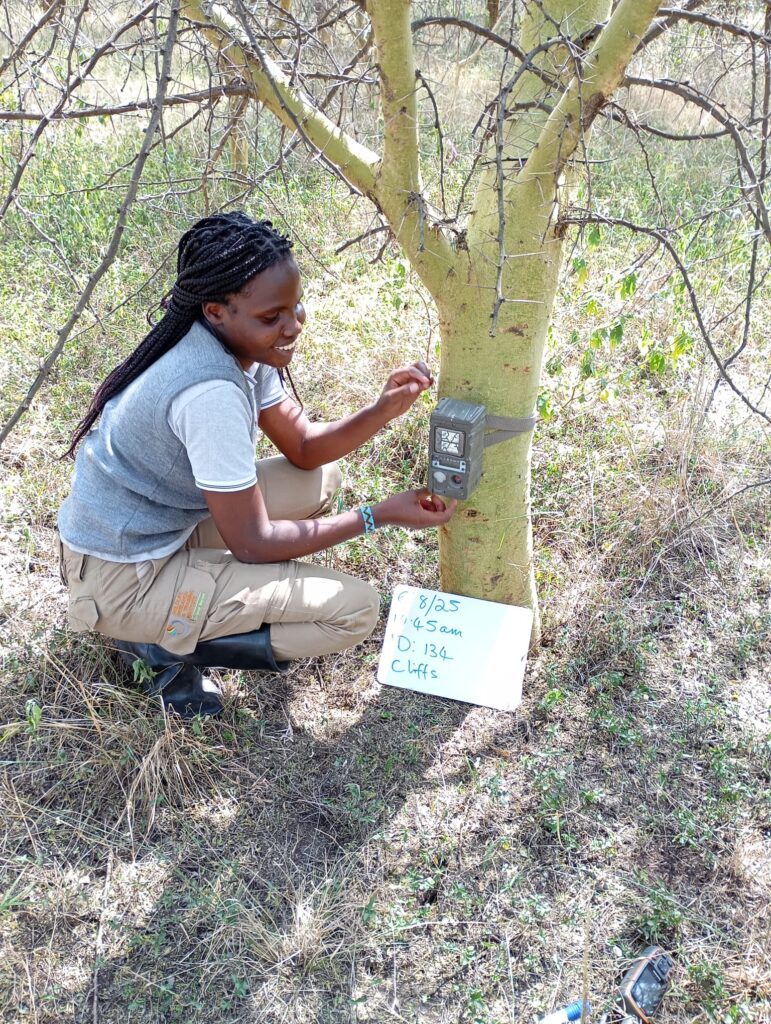
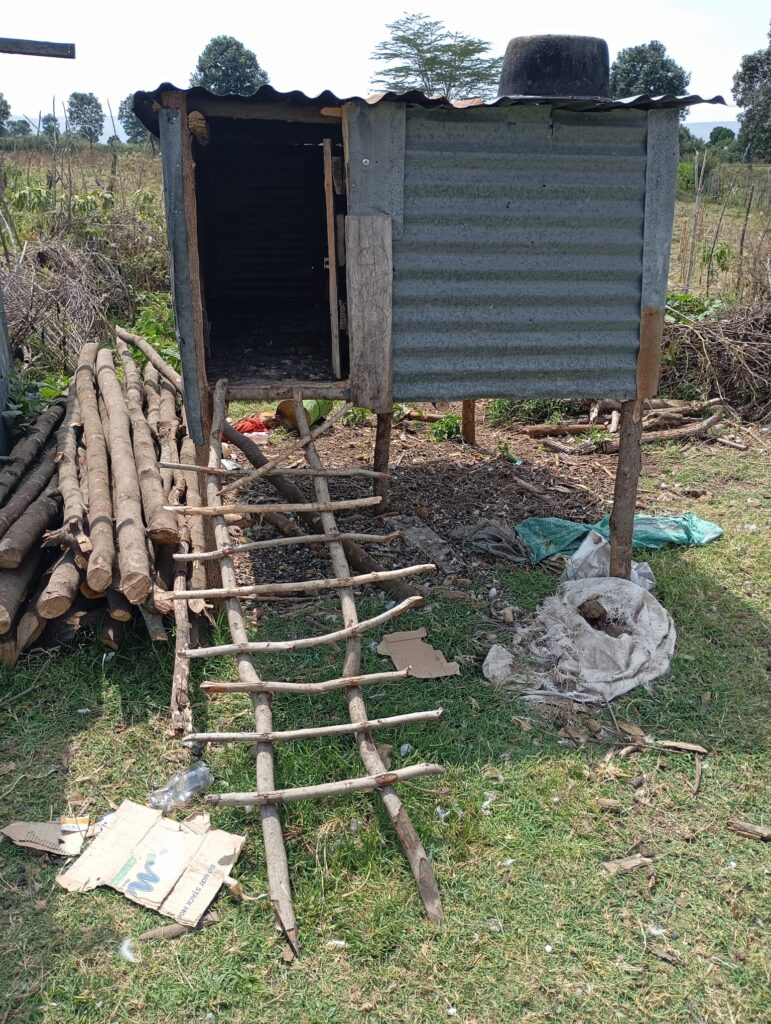
This summer, Dr Julia Chase Grey is in the Maasai Mara in Kenya for three months of fieldwork for her fellowship, “Investigating carnivore guild structure, population dynamics and human–wildlife conflict along a gradient of savannah ecosystem degradation and differing land management approaches in the Northern Mara, Kenya.”
Working alongside Maasai staff, pictured above, she is setting up camera trap stations — cameras triggered by motion or heat that capture wildlife on film — to expand research on leopards, hyenas and human–wildlife conflict. Julia’s fellowship is hosted by Nottingham Trent University and funded by NERC.
Dr Louise Terry – Empowering Women in Science in Ghana
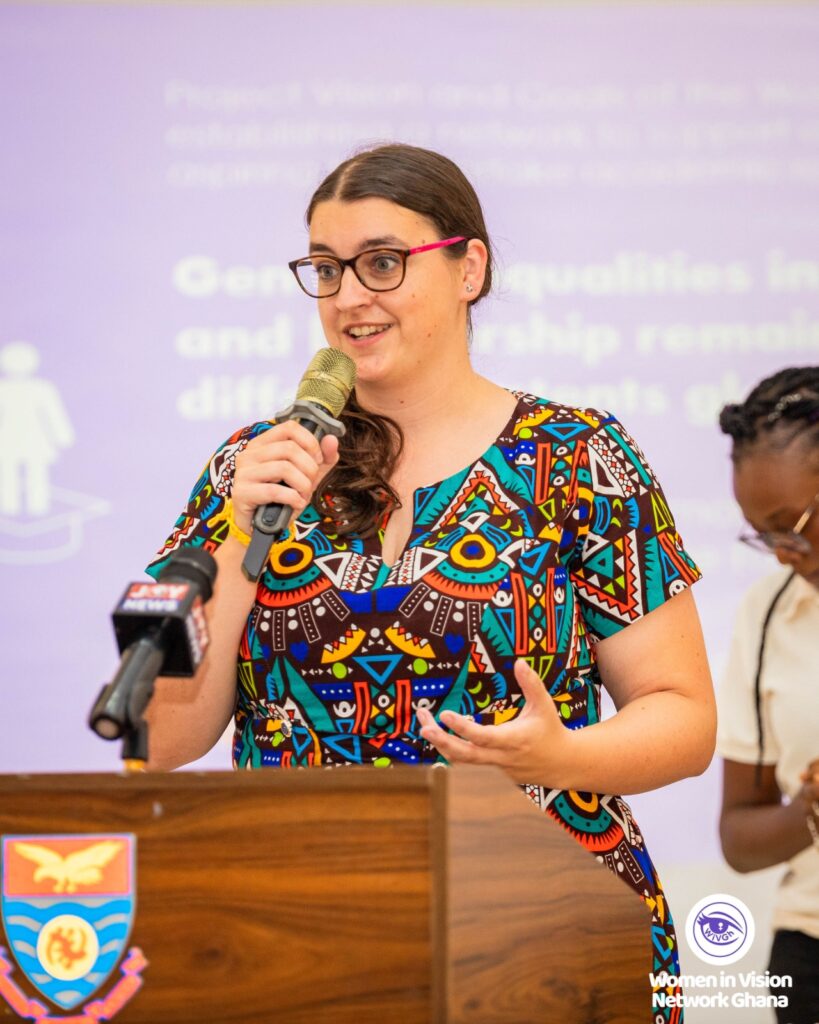
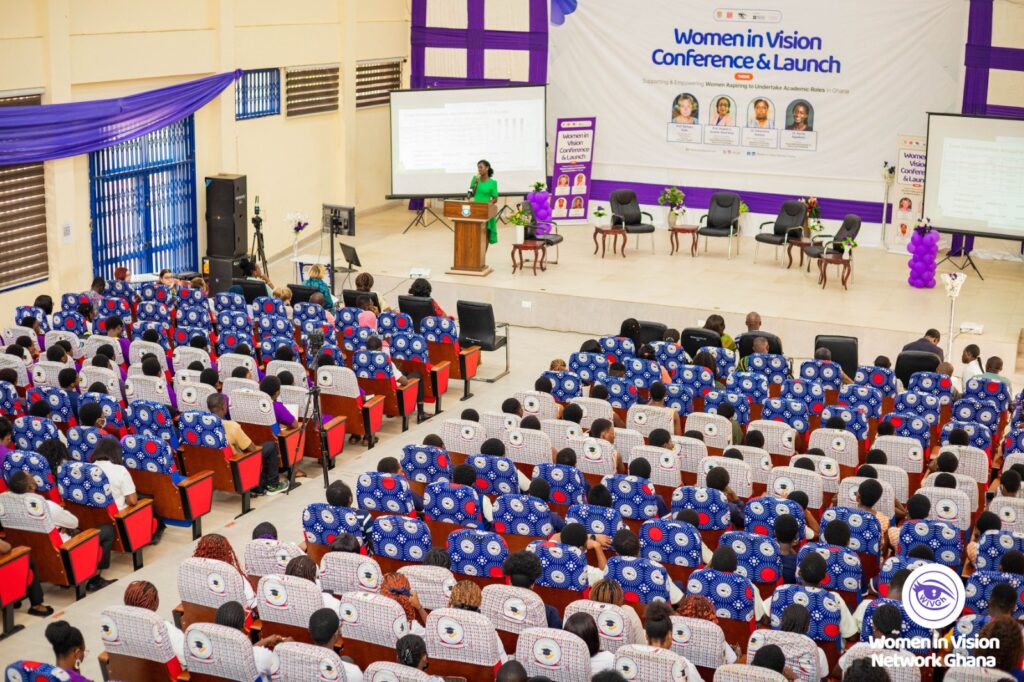
Dr Louise Terry is leading a project with collaborators at the University of Cape Coast (UCC) in Ghana, aimed at addressing the underrepresentation of women in academia. In July, Louise, together with colleagues from Cardiff University and the Women in Vision UK network, travelled to UCC to launch the Women in Vision Ghana network and speak at their inaugural conference. The network’s goals include supporting women who aspire to become academics in vision science, as well as empowering women working in other vision-related roles.
During their visit, Louise and colleagues also delivered professional and skills training to optometrists working in Ghana. This work was made possible through funding from the British Council and MRC. Louise’s fellowship, “Further exploration of imaging retinal densitometry in macular disease,” is funded by the Macular Society and hosted by Cardiff University.
Dr Musah-Eroje Ahmed – Cancer Research at Stanford
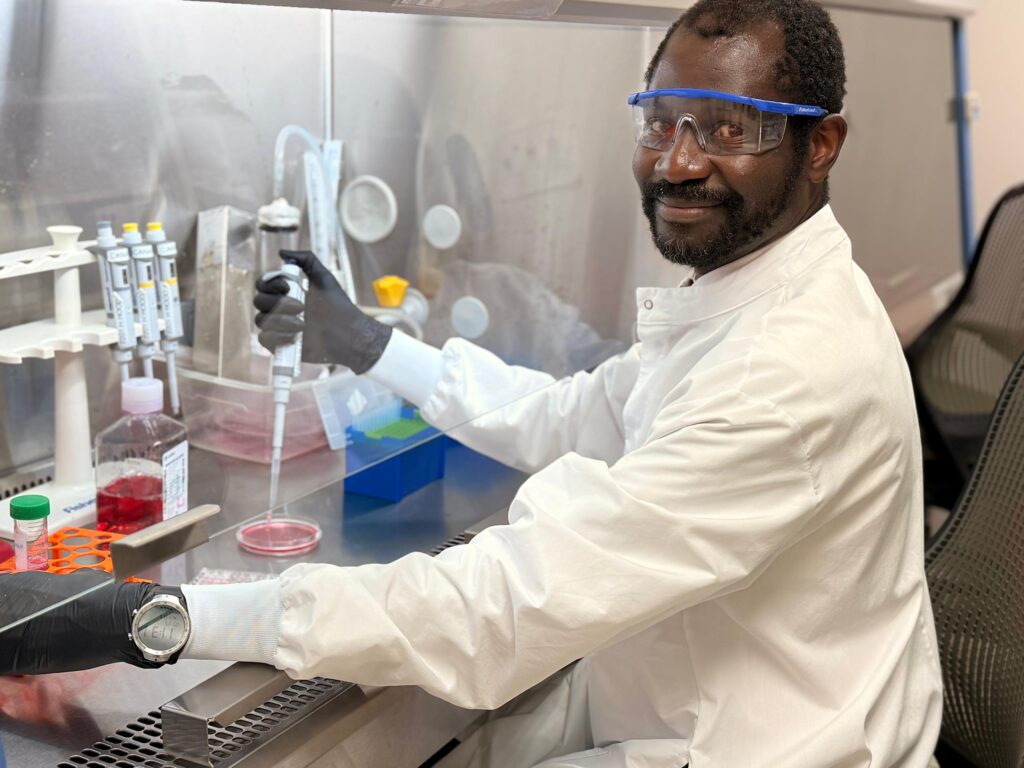

Dr Musah-Eroje Ahmed is currently undertaking a three-month collaborative visit to the Stanford Cancer Institute at Stanford University, where he is learning advanced techniques in glioblastoma research. He will apply these methods to his fellowship project, “Understanding the role of the ARHGAPs in glioblastoma cell migration using a patient-focused tumour microenvironment,” hosted by the University of Huddersfield and co-funded by the Royal Society and MRC.
Dr Karna Hansson – Agroforestry Research in Costa Rica
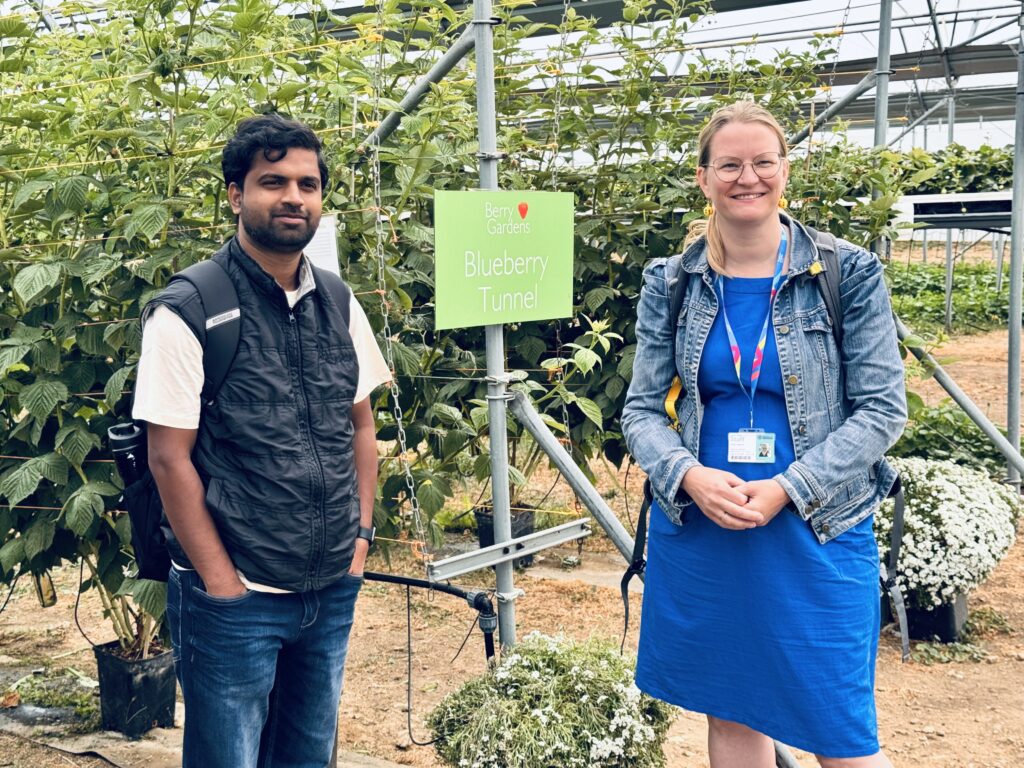
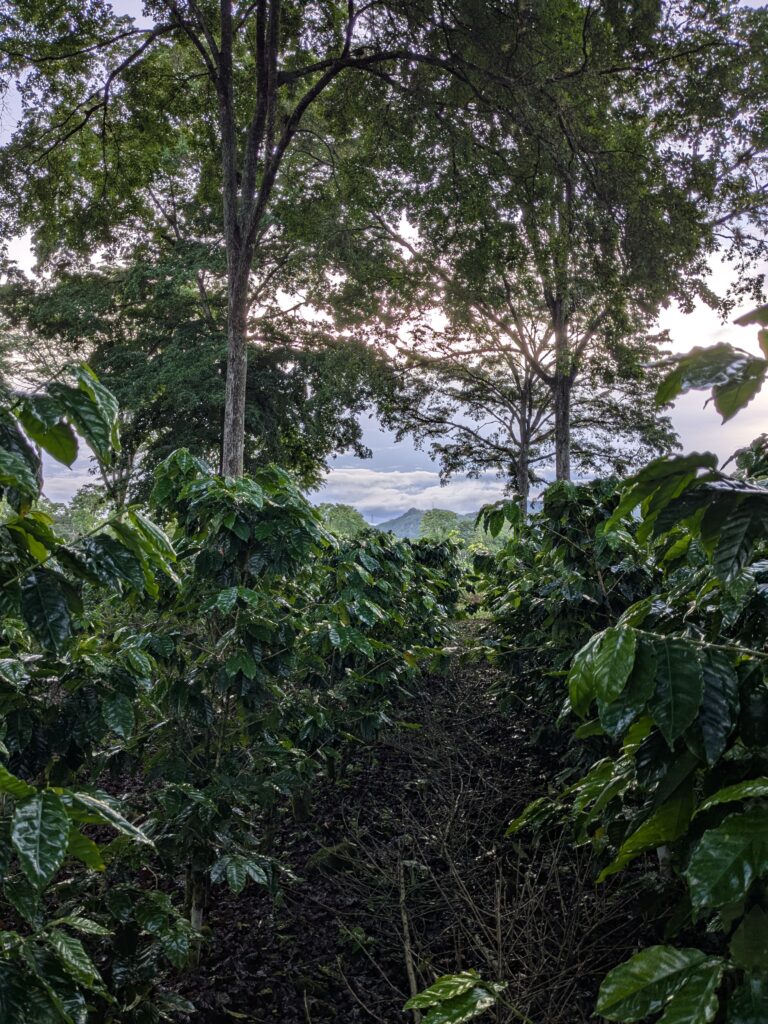
In July, Dr Karna Hansson travelled to Costa Rica for fieldwork on her fellowship project, “Contribution of root dynamics to carbon balance of agroforestry coffee plantations – a case study in Costa Rica,” funded by NERC and hosted by the University of Greenwich.
Alongside this, she organised a networking and collaboration meeting at the Natural Resources Institute with colleagues from the University of Agricultural and Horticultural Sciences in Shimoga, India. The event formed part of the “Empowering Early Career Researchers in Advancing Climate Resilient Agriculture Research and Collaboration” project, funded by the British Council.
The Global Impact of Fellows
Global challenges such as climate change, food security, human health and biodiversity loss cannot be solved in isolation. The international research undertaken by our Fellows demonstrates the importance of global connections, shared knowledge and collaborative problem-solving. By working across borders, Daphne Jackson Fellows are not only advancing their own research but also making vital contributions to tackling some of the world’s most pressing problems.
